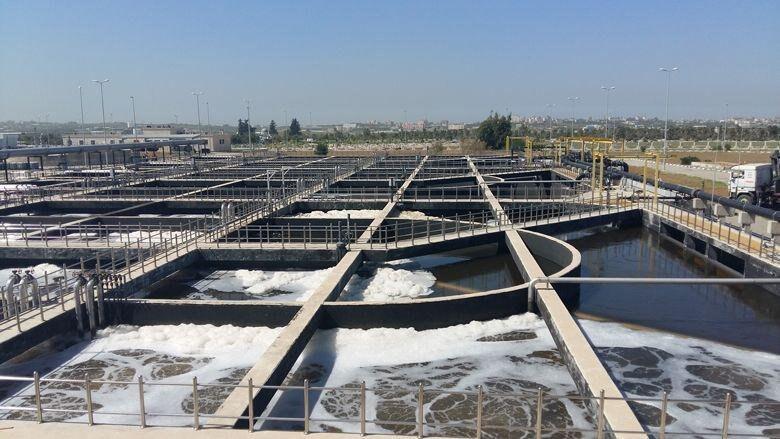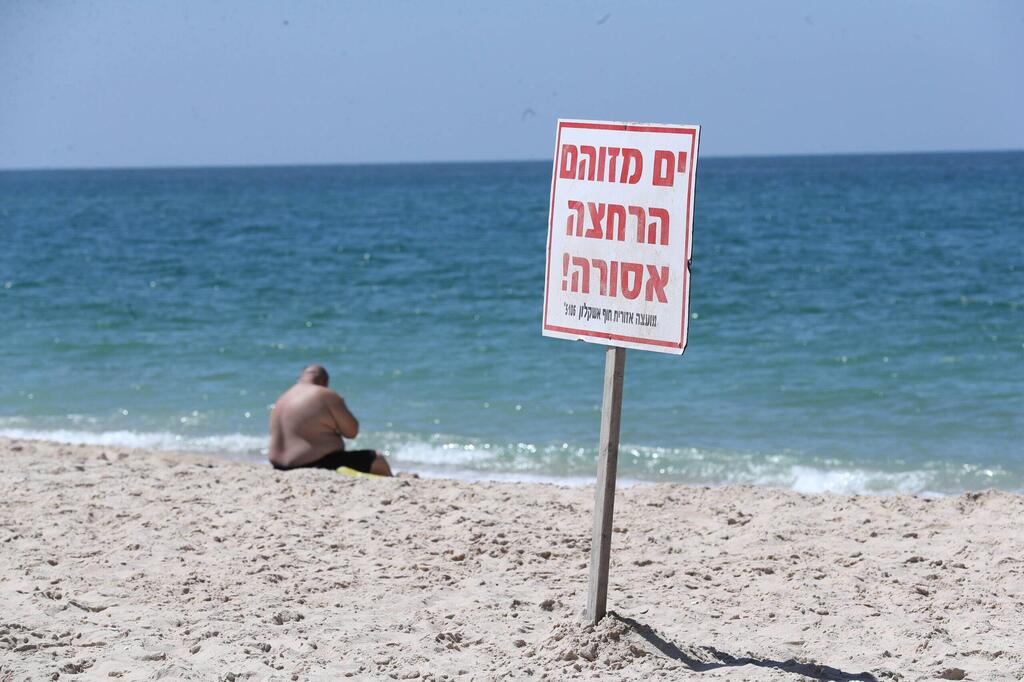The Health Ministry is concerned about the danger found in the Mediterranean Sea water that Israel pumps, and it is highly doubtful that the problem can be solved. This is because wastewater is not being treated in the Gaza Strip following the collapse of a wastewater treatment facility that is the sole responsibility of Hamas.
More stories:
The North Gaza Emergency Sewage Treatment Plant (NGEST), the largest of at least five sewage treatment facilities in the Gaza Strip, recently stopped operating due to sewage overload, caused by changes that have taken place in the area in the past three years. Before its collapse, the facility could absorb 43,000 cubic meters of sewage per day, but the amount of sewage the plant was receiving jumped to 51,000 cubic meters of sewage per day. After the wastewater passes through the facility, it is directed to sedimentation ponds and sinks into the soil. This is a routine process that is also practiced in Israel.
There has been an increase in the amount of wastewater in the strip. The population is growing, water is more available, and more citizens in Gaza have connected to the sewage systems due to positive environmental awareness. That is why the sedimentation ponds overflowed and now it is not possible to direct wastewater to them after treatment. Hamas, which controls Gaza, did not make the necessary adjustments and did not build more purification facilities and sedimentation ponds, leading to the facility's collapse.
With wastewater plants at full capacity and limited-to-no budget, the Palestinians diverted the wastewater to "alternative" centers, such as the Mediterranean Sea and the Hanoun River which runs through the area of Netiv HaAsara in the northwest Negev and the Erez Crossing, creating a serious environmental hazard. The same sewage reaches the shores of Israel and endangers the public, since the flow of the sea moves north.
The South District Health Office, under the management of Dafna Blum-Zeira, rushed to close Zikim Beach, the southernmost beach on the Mediterranean coast, more than two weeks ago, out of fear for the safety of the bathers. If there is no change in the amount of pollution, in the next step will be to close the beaches of Ashkelon.
A senior official at the Health Ministry told Yediot Aharonoth and Ynet that "we are in a complex and dangerous event." This is a warning sign for what is expected to happen in the future, according tot he official and in Israel the issue is being closely monitored. Israel has called on the water authority in the Gaza Strip to act quickly, to make the necessary adjustments and to stop discharging sewage into the Mediterranean Sea and the Hanoun River.
It remains unknown whether Israel has the ability to solve the problem, but it will not hesitate to assist the Gaza Water Authority or introduce new equipment. Israel has a clear interest in preventing an environmental disaster in the Gaza Strip that will quickly affect the citizens of Israel. The first Israeli victims of Gaza's pollution are the very Israelis who receive the most Gaza-launched missiles and rockets in Sderot and communities surrounding Gaza.
Currently, the wastewater treatment facility caretakers have begun to remove the sludge from the sedimentation ponds more diligently, and this may help to restart the NGEST facility, at least until the next time it collapses. At the same time, and as absurd as it sounds, the Israel Water Authority is currently pumping the Gaza wastewater from Hanoun River to the wastewater treatment facility shared with Sderot and the communities of the Shaar Hanegev Regional Council.



